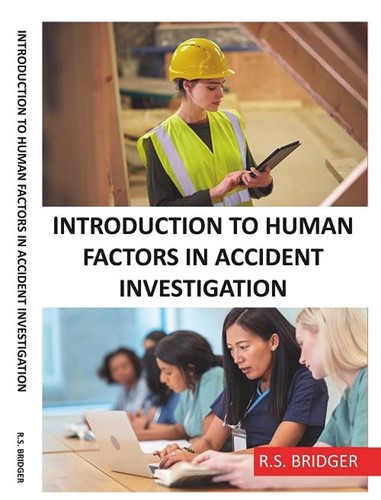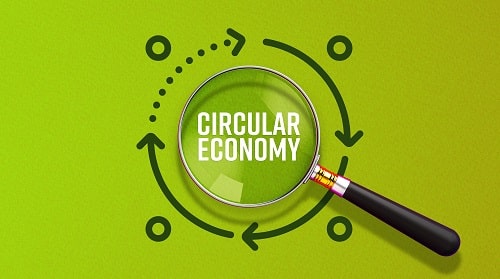Book review by Phil Pinnington CMIOSH, Audit and consultancy manager at the British Safety Council
Features
Introduction to Human Factors in Accident Investigation By Dr Robert Bridger
There have been many research papers published in recent years on the importance of properly considering human factors when conducting accident investigations.
Robert Bridger is a consultant and author in human factors, and his new book aims to provide an accident investigator with the key information and tools to start thinking about the human elements that may have caused – or contributed to – an accident or incident.
The book provides practical advice that can be applied during an investigation to consider the environmental, organisational and job factors (and the human and individual characteristics of the workers involved), that may have played a part in the root causes of the incident. The reader can then start to address these factors – for example, by looking at whether a job has been designed to enable people to work safely, or if there are gaps in workers’ knowledge, training and even attitudes to working safely.

In the opening chapter Robert gives us a very helpful General Human Factors Checklist. Under 11 headings, this sets out the key areas to consider during an investigation. These include analysis of the job; the physical and mental demands of the task; interactions between workers and machines and the design of the workplace. These (and other human factors), can be causative factors in accidents if they are not properly considered and managed during the design, planning and ongoing monitoring of work tasks. The checklist has simple ‘closed’ questions (such as ranking each factor from ‘very unlikely’ to ‘very likely’), to help the reader decide how detailed the investigation of each factor needs to be.
Robert reminds us there has been a huge growth in the use of new technologies. Although many of these are claimed to be infallible, he rightly warns that many new and emerging technologies still rely on human intervention to some extent – which brings risk of mistakes that can contribute to accidents.
Robert also sets out what he regards as the core competencies anyone undertaking an investigation must hold. A simple-to-follow (but detailed) competency development matrix clearly describes these essential skills – whether the investigator is carrying out simple ‘entry level’ investigations or detailed ‘expert’ investigations of more complex incidents, where multiple underlying problems may have contributed to the accident. This matrix could be used as a roadmap for additional professional development, setting out the skills to gain to be able to more effectively consider human factors during investigations.
Robert makes very good use of well documented major accidents to show the role human factors (including human error), played in causing the incidents. For instance, he applies his human factors approach to the 1987 Herald of Free Enterprise ferry disaster, and shows how, if applied, his techniques would reveal the human errors that led to the loss of 189 lives.
Robert effectively explores the people factors that can often be underestimated or overlooked when conducting an investigation. Many of the observations, such as job design, repetition and stress, will be familiar to many health and safety practitioners.
The book is written in an easy-to-follow style and format, and includes question sets that can be used during a simple accident investigation. This is a useful way to practice some of the methodologies offered in the book.
The publication offers both a structure and rationale in how to ensure that human factors are considered when investigating incidents with both a high and low impact – from serious to lower harm events. It is a useful reference tool both for newly qualified safety practitioners or as part of a qualified and experienced safety practitioner’s continuing professional development.
The book can be purchased at: amzn.to/33BgOHX
FEATURES

How to build circular economy business models
By Chloe Miller, CC Consulting on 07 April 2025
Widespread adoption of a circular economy model by business would ensure greater environmental and economic value is extracted and retained from raw materials and products, while simultaneously reducing carbon emissions, protecting the environment and boosting business efficiency and reputation.

What does the first year on an accelerated net zero path have in store for UK businesses?
By Team Energy on 07 April 2025
The UK is halfway to net zero by 2050 and on a new, sped-up net zero pathway. In light of this, Graham Paul, sales, marketing & client services director at TEAM Energy, speaks to TEAM Energy’s efficiency and carbon reduction experts about the future of energy efficiency and net zero in the UK.

Aligning organisational culture with sustainability: a win, win for the environment and business
By Dr Keith Whitehead, British Safety Council on 04 April 2025
The culture of an organisation is crucial in determining how successfully it implements, integrates and achieves its sustainability and environmental goals and practices. However, there are a number of simple ways of ensuring a positive organisational culture where everyone is fully committed to achieving excellent sustainability performance.



